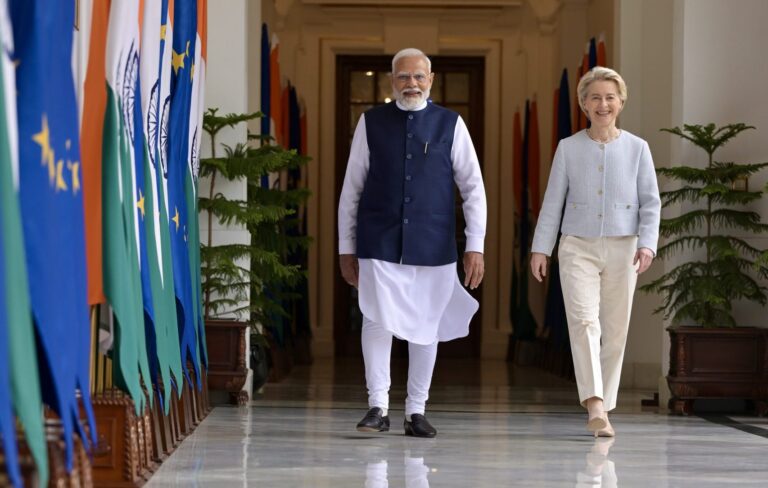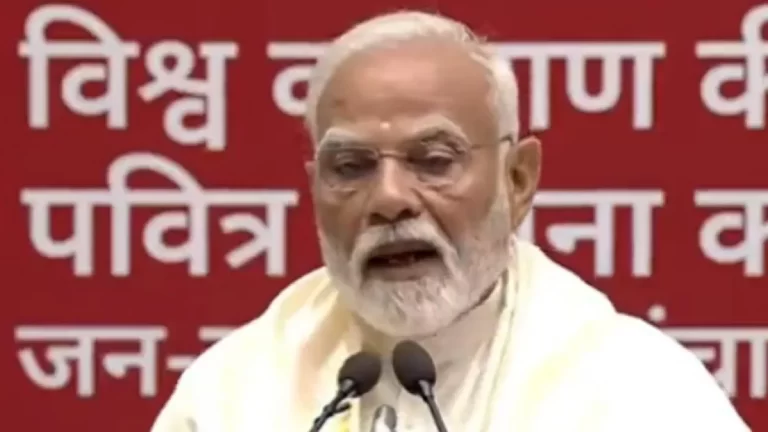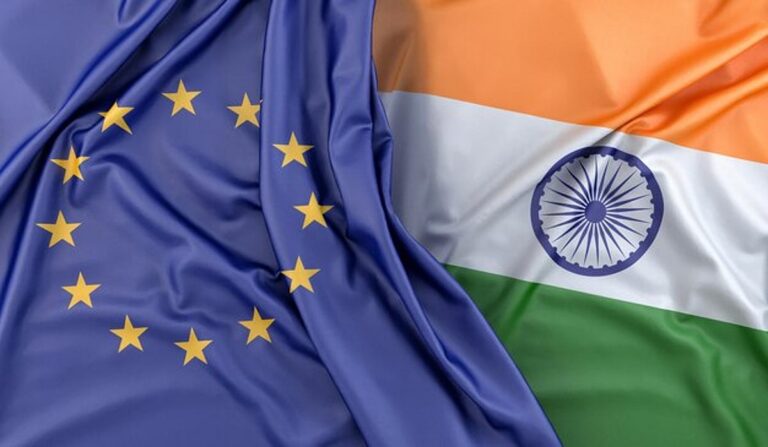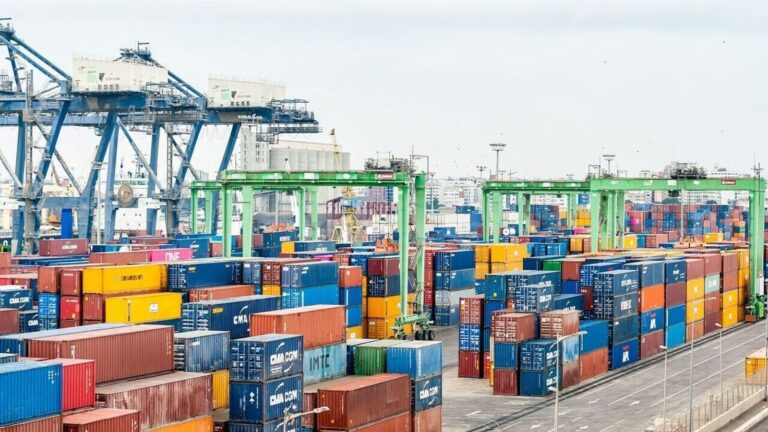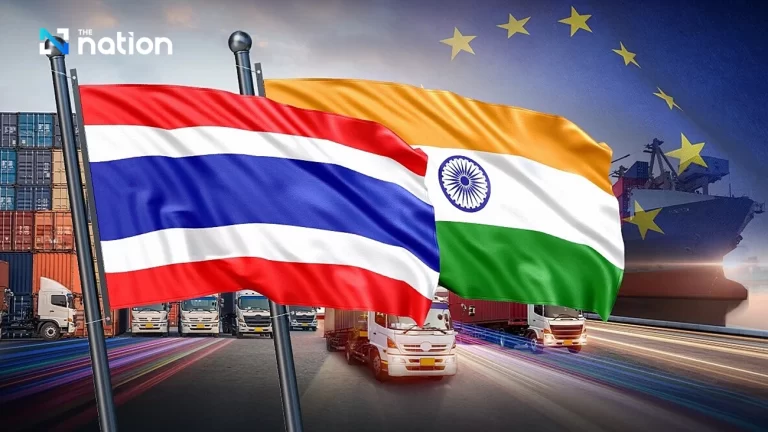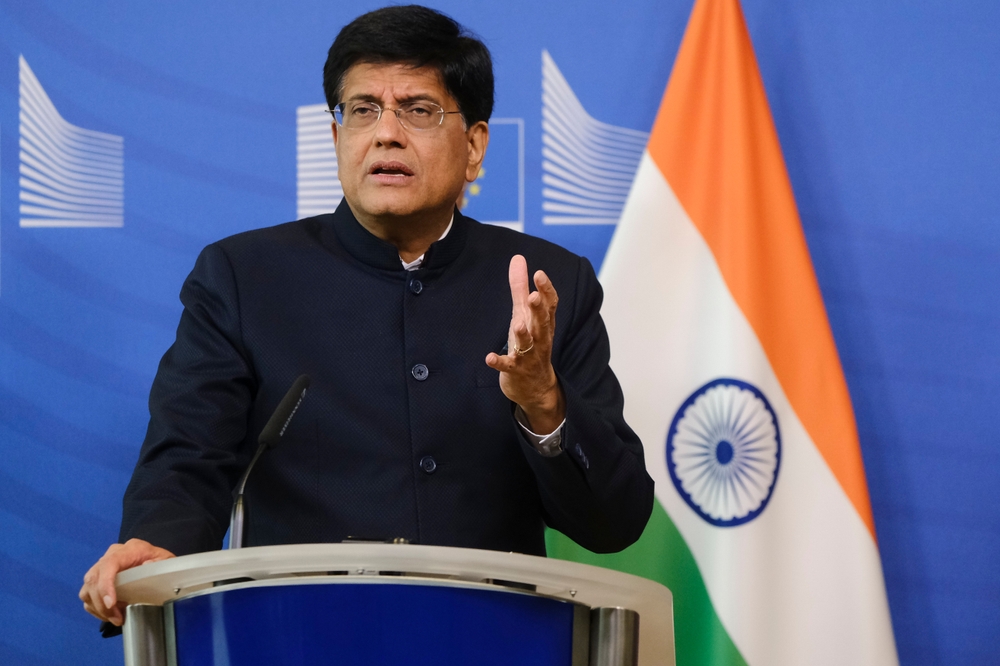
The European Union intends to counter the trend of “could do good” compared to Indo-Pacific, but experts maintain that the block must update its strategy and approach internal divisions with regard to the region .
In 2021, EU member states approved a strategy seven priority areas to deepen cooperation with Indo-Pacific. Before that, individual member states, including France,, GermanyTHE The Netherlands and the Czech Republic had published their strategies or directives.
Approach internal differences
Analysis of the growing EU role in the region, experts from the Center for Strategic and International Studies (CSIS) argue The fact that internal differences in perspectives reflect historical differences and variable opinions on foreign policy priorities within Member States.
An analysis of the Center for European Reform (CER) strengths The need for the EU to develop a more unified approach in the region, arguing that the Indo-Pacific scope contains several potential conflicts which could influence the security of Europe.
“Unless the EU is united in its approach to the main challenges of the Indo-Pacific Region, it will not be able to effectively defend its interests,” says CER, warning that differences could harm the ability to the EU to meet the challenges of the region.
Meanwhile, a study by the European Council for Foreign Relations (ECFR) offered evidence which confirms the different understanding of the objective of the strategy dedicated by the Member States, by categorizing it as a means of showing the strategic autonomy of Europe by pursuing an independent approach to the region; A tool to use against China; And a way to manage the transatlantic relationship, aligning with the United States.
From “Asia-Pacific” to “Indo-Pacific”
The term “Indo-Pacific” began to supplant the previously common “Asia-Pacific” term, according to Experts from the German Institute for International Affairs and Security, it is mainly understood as a containment strategy led by the United States directed against China.
This change is mainly attributed to the Trump administration, noted ECFR experts, explaining that the former American president gave the end a “clearly antichina connotation”.
The adoption of the “Indo-Pacific” concept shows that the EU is more aligned with the United States than in China in terms of values, explain Experts from Jacques Delors Center. This has been further reinforced by the launch of EU-US strategic dialogue on China in 2020.
Mutual economic interests and more
The United States and the EU both have enormous economic interests in the region. In 2022, imports Between the block and the Indo-Pacific reached 1120 billion euros, while exports increased to 645 billion euros during the same period.
Given the hard competition for critical technologies with China, Indo-Pacific emerges as a technology manufacturing center with significant access to natural resources and minerals of rare earths, supports the CSI analysis.
Their experts argue that the EU should strengthen technological industrial cooperation with Indo-Pacific partners and align their policies on national strategies of key countries.
It presents the opportunity for the block to fortify its global position, because the EU can contribute to regional stability, motivated by the imperative to protect its economic and security interests.
This was reiterated by the Indian Ambassador to the EU, Sarabh Kumar in a recent interview with Euractiv, where he said that bilateral relations are much more holistic than mainly economic links at the start of the relaunched partnership.
However, the ambassador also underlined the need for additional cooperation in the fight against modern challenges, as well as the creation of more resilient supply chains not hindered by geographic borders.
“While Europe increases its involvement in Indo-Pacific, this would bring us closer as partners,” said Ambassador Kumar to Euractiv.
Expansion of geopolitical options
In turn, Indo-Pacific countries should see in Europe a geopolitical opportunity, while they seek to diversify from their dependence on China or the United States, notes ECFR in another report.
Although there are regional divisions and some nations share concerns about the rise of China and are getting closer to the United States, while others do not want to choose between the great powers, these camps seek to develop A wider range of geopolitical options.
“We have entered an” à la carte world “, say the ECFR experts. “Instead of choosing from a defined political alignment menu, non -Western countries prefer to mix and match their partners according to the question to be accomplished.”
With China more and more considered By the EU as a systemic rival and competitor more than a partner, the report concludes that the block must look for warmer links elsewhere, now that Europeans do not see their links with Asia through the objective of China.
(Edited by Brian Maguire | EURACTIV plea laboratory ))
